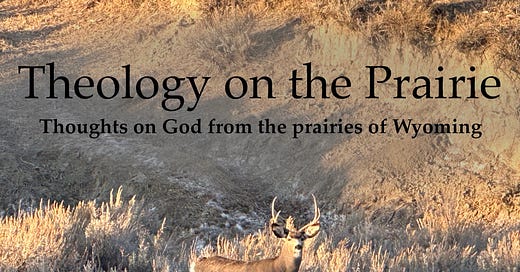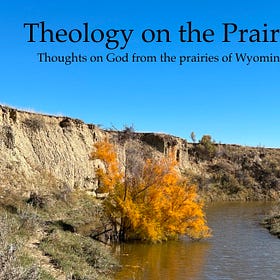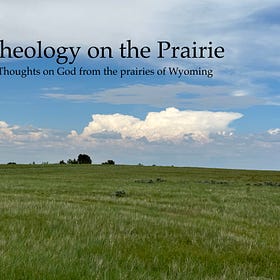This final step in the Bible study process is the one in which we need to take the most care. Misinterpreting and misapplying Scripture can lead us down the wrong path, inflate our egos, or skew our perception of who God is. As with every step in Bible study, we should approach this one prayerfully and humbly.
If you’ve forgotten or missed the last two posts in this series, you can check them out here:
Observe the Text
When you begin studying a portion of Scripture, the first thing to do is simply make as many observations as you can. During this step, you won’t be consulting any study Bibles or commentaries. You’re going to look for repeated words or phrases, figures of speech (similes, metaphors, idioms), parallel ideas, and themes. Ask questions of the passage, lik…
Poetic Context: Psalm 1
In our “How to Study the Bible” series, we started with simply making observations of Psalm chapter 1. You can look back at that post here. Today, we’ll get a little bit deeper and think about the literary and historical-cultural context. Literary context is just the genre or style of the writing. Historical-cultural context simply answers the questions…
1 Blessed is the man
who walks not in the counsel of the wicked,
nor stands in the way of sinners,
nor sits in the seat of scoffers;
2 but his delight is in the law of the Lord,
and on his law he meditates day and night.3 He is like a tree
planted by streams of water
that yields its fruit in its season,
and its leaf does not wither.
In all that he does, he prospers.
4 The wicked are not so,
but are like chaff that the wind drives away.5 Therefore the wicked will not stand in the judgment,
nor sinners in the congregation of the righteous;
6 for the Lord knows the way of the righteous,
but the way of the wicked will perish.
According to Grasping God’s Word by J. Scott Duvall & J. Daniel Hays, “Meaning is what the author intended to communicate when he wrote the text. What the reader does with the meaning is application.”
When we identified the literary and cultural-historical background of Psalm 1, we did some of the work of identifying the original meaning of the text!
I like using these 5 steps from Grasping God’s Word:
Grasp the text in their town. What did the text mean to the original audience?
Measure the width of the river to cross. What are the differences between the biblical audience and us?
Cross the principlizing bridge. What is the theological principle in this text?
Consult the Biblical map. How does this theological principle fit in with the rest of the Bible?
Grasp the text in our town. How should individual Christians today live out the theological principles?
As you work through these steps, what principles are standing out to you?
A few things I noted:
We do not observe the Law - but we do have the Word of God! We should delight in God’s Word.
Avoiding wickedness and delighting and meditating on Scripture produces spiritual growth and fruit in our lives - like the fruit of the Spirit in Galatians 5:22-23.
Everything we do has eternal value. Verse 6 says “the way of the wicked will perish.” The Hebrew word for wicked is rasa, which means a person not in a covenant relationship with God. Their deeds are compared to chaff, which “blow away” and have no eternal merit.
What is an application you can draw out of these principles?
I would apply it this way: Delighting in and meditating on God’s Word produces spiritual growth and fruitfulness in a believer’s life and has eternal value. Every believer should strive to read, love, and meditate on Scripture.
Let me know what applications you came to in the comments, or reply to this email!






